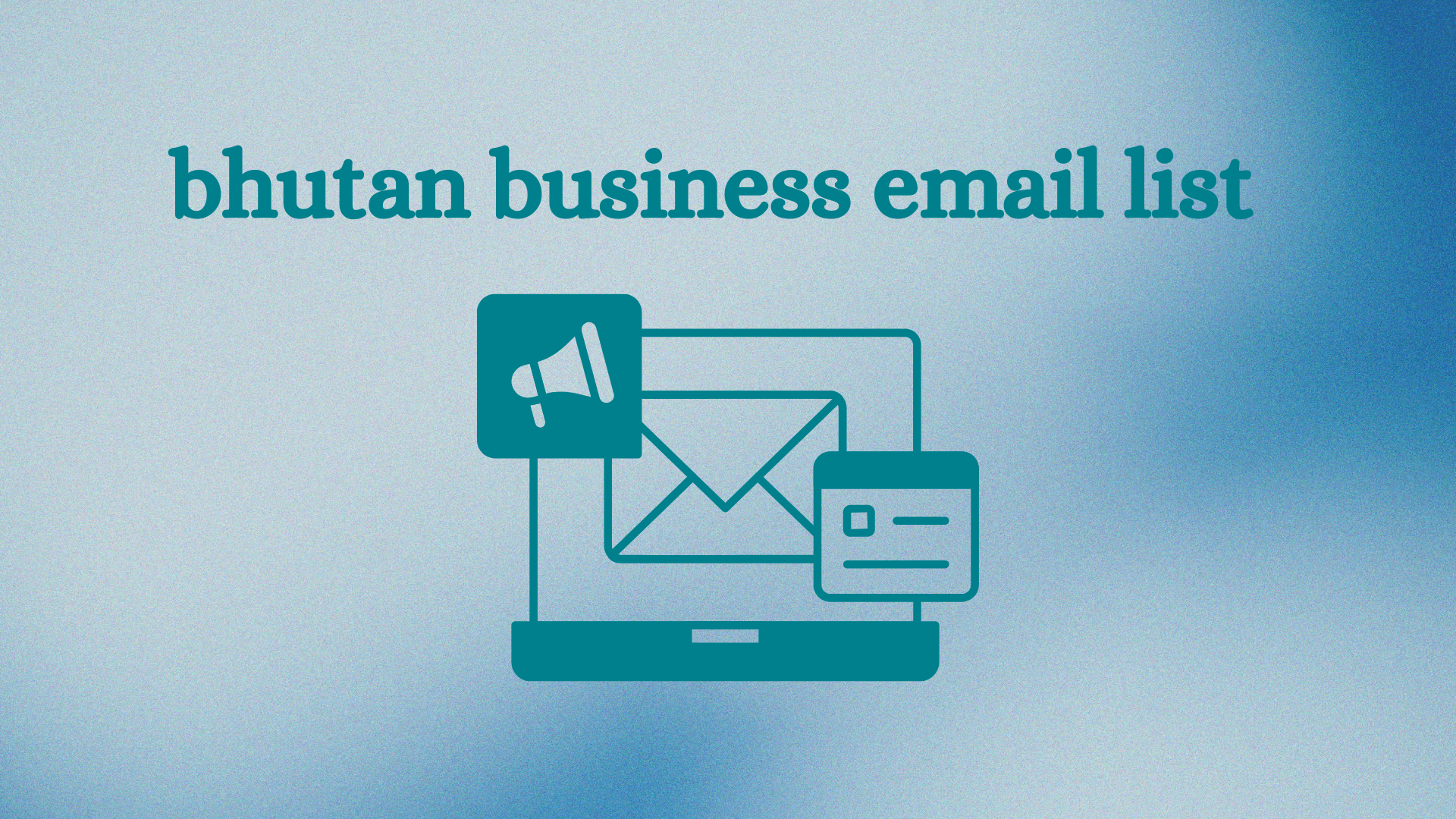What is Marketing Automation?
Marketing automation refers to the use of software to automate marketing processes such as email campaigns, audience segmentation, lead generation, and results measurement. This technology enables businesses to implement more efficient marketing strategies by targeting the right messages to the right people at the right time, without the need for constant manual intervention.
Benefits of Marketing Automation
The benefits of marketing automation are vast and include time savings, increased efficiency, large-scale personalization, and the ability to nurture leads throughout the customer journey. In the Brazilian context, these benefits are even more evident in sectors such as e-commerce, where personalization and speed of communication are crucial to success.
How to Implement Marketing Automation into Your Strategy
Implementing marketing automation requires careful planning and a clear understanding of your company’s marketing goals. Below, we’ll detail the essential steps for incorporating automation into your marketing strategy.
Define Your Goals
Before implementing any automation tool, it is crucial to define your marketing goals. These goals can range from increasing qualified leads to improving customer retention. For example, a survey conducted by Resultados Digitais showed that Brazilian companies that defined clear goals for their automation strategies saw an average 30% increase in qualified lead generation.
Choose the Right Platform
Choosing a marketing automation platform should be based on your business’ specific needs. In Brazil, platforms such as RD Station, HubSpot, and Mailchimp are widely used by companies of different sizes. Each offers different features that may be more or less suitable depending on your company’s goals.
Segment Your Audience
Audience segmentation is one of the most powerful features of marketing automation. It allows you to create highly targeted campaigns for different segments of your target audience. According to a study by bhutan business email list Salesforce, companies that use advanced segmentation in their marketing automation strategies saw a 77% increase in ROI (return on investment).

Create Custom Content
Personalization is key to success in marketing automation campaigns. Using data collected about customer behavior and preferences, companies can create highly relevant content that resonates with each audience segment. In Brazil, Natura has been a notable example of how personalization can be applied on a large scale, using marketing automation to send personalized messages to millions of customers.
Integration with Other Tools
Marketing automation should not be used in isolation. To maximize its effectiveness, it is important to integrate it with other marketing tools, such as CRM (Customer Relationship Management), e-commerce platforms, and analytics. This integration allows for a holistic view of the customer and facilitates data-driven decision-making.
Data-driven decision making
One of the main advantages of marketing automation is the ability to collect and analyze data in real time. This allows companies to make informed decisions, adjusting their strategies as needed to improve results. In Brazil, Magazine Luiza has been a pioneer in using data to optimize its marketing campaigns, resulting in a significant increase in online sales.
Campaign Monitoring and Adjustment
Constant monitoring is essential to the success of marketing automation. Automation tools allow you to track campaign performance in real time, adjusting campaigns as needed to improve performance. According to research from Rock Content, companies that regularly monitor their marketing automation campaigns are 50% more likely to achieve their marketing goals.
Results Analysis
Analyzing results is the final, but no less important, step in marketing automation. By analyzing the data collected, companies can identify what worked and what didn’t, allowing for continuous improvements in future campaigns. Brazilian company Ambev, for example, uses data analysis to refine its digital marketing strategies , reaching a more qualified target audience and increasing its conversions.
Marketing Automation in the Brazilian Context
In Brazil, marketing automation is growing rapidly, especially among small and medium-sized businesses looking to compete in an increasingly digitalized market. According to the Brazilian Association of Automation for Commerce (AFRAC), the marketing automation market in Brazil has grown 25% in the last three years, driven by the demand for solutions that optimize communication and increase sales.
Challenges and Opportunities
Despite its growth, marketing automation in Brazil faces some challenges, such as a lack of technical knowledge and resistance to change on the part of some companies. However, these barriers are being overcome as more companies realize the benefits of adopting this technology. With the rise of digitalization in Brazil, there is a huge opportunity for companies that adopt marketing automation as part of their strategy.
Success Stories
Brazilian companies that have successfully implemented marketing automation include Hering, which uses the technology to segment its customers and send personalized email campaigns, and Netshoes, which integrated marketing automation with its CRM to improve customer retention. These examples highlight how marketing automation can be a powerful tool for achieving success in the Brazilian market.
Marketing automation is an essential tool for any business that wants to remain competitive in today’s market. In Brazil, companies are increasingly adopting this technology to improve efficiency, personalize communication, and make data-driven decisions. By implementing marketing automation strategically, your company can not only achieve its marketing goals but also outperform its competitors.
